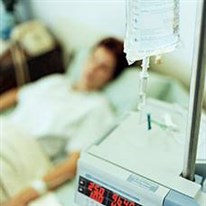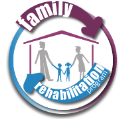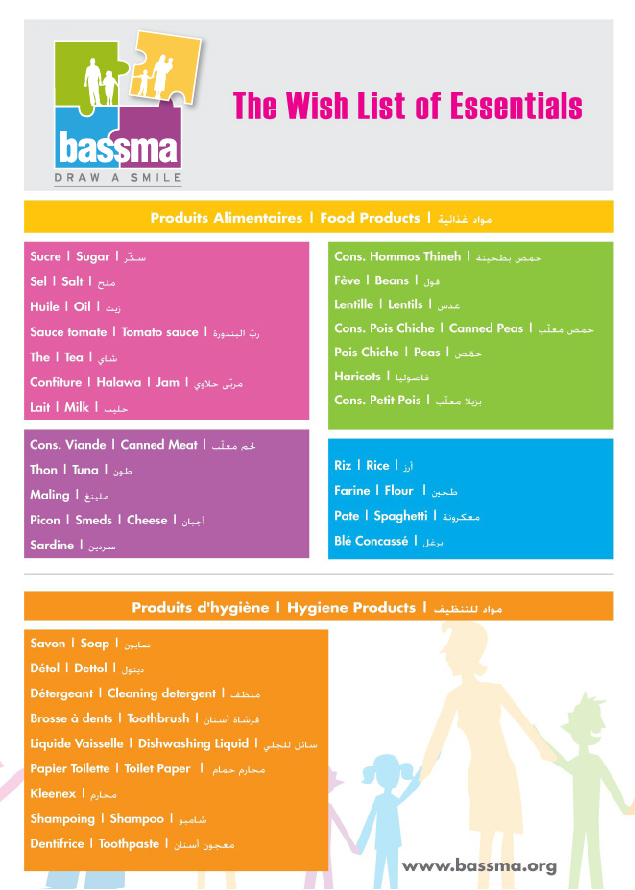Poverty is a psychological state, not just an economic condition.
For Adults
“My days are filled with hunger and thoughts of budgeting. Am I a victim or a parasite?”
In addition to all the structural barriers that prevent even determined poor people from escaping poverty, there may be another, deeper, and considerably more disturbing barrier: Poverty may reduce free will, making it even harder for the poor to escape their circumstances.
All of this suggests that we need to rethink our approaches to poverty reduction. Many of our current anti-poverty efforts focus on access to health, educational, agricultural, and financial services. Now, it seems, we need to start treating willpower as a scarce and important resource as well. Poverty doesn’t simply reduce freedom by constraining an individual’s choices, but that it may actually alter the nature of freedom by reducing an individual’s willpower.
One of the most insidious effects of living in high-poverty, chronically disadvantaged neighborhoods is the severe damage these areas have on residents’ mental and emotional health. New research shows that poverty imposes a psychological burden so great that the poor are left with little mental “bandwidth” with which to perform everyday tasks.
The constant anxiety and stress resulting from witnessing and experiencing trauma and violence in distressed neighborhoods, negotiating the sacrifices and trade-offs caused by food insecurity, living in unstable housing conditions, struggling to pay bills, and dealing with numerous other worries burn up cognitive capacity that could otherwise be used for productive activities like navigating public assistance systems, providing for an entire family on a limited budget, and helping children with schoolwork.
For children
The long-term mental health effects of poverty are even more alarming. In addition to occupying cognitive resources needed for education (the clearest path out of poverty), poverty is toxic to children. Persistent stress and exposure to trauma trigger harmful stress hormones that permanently affect children’s brain development and even their genes. The damage to childhood development is so severe that medical professionals now describe the early effects of poverty as a childhood disease.
BASSMA is offering free psychological follow-up to all family members that need it, and also psychiatric follow-up and medicines when needed.
Bringing mental health services to poor communities
Because of the devastating cognitive effects of poverty on both adults and children, clinical mental health services are a central component of BASSMA’s Comprehensive Empowerment Program.
BASSMA has developed an intensive psychological and psychiatric follow-up and treatment model for children and adults suffering from concentrated poverty, chronic violence, and low levels of trust and social cohesion. BASSMA’s coordinated and comprehensive intervention aims to stabilize whole families and improve a range of educational, health, and employment outcomes.
“Throughout our field experience, we have found that 90% of the people under BASSMA’s care are on analgesics, and that the majority resist to the idea of working because they have lost their self-confidence and they don’t feel up to the responsibilities. These psychological problems are the greatest challenge facing BASSMA’s Family Empowerment program, because most of family members we are supporting are afraid to face society. This is the summit of despair. In such case, a box of food is not enough. Neither medicines nor money… What these people really need is personal and psychological follow-up for a certain period. They need a shoulder to cry on, an attentive ear, a kind smile and a loving and reassuring heart... in order to regain their self-confidence and to start facing society and life with confidence and optimism”.
Taken from the speech of BASSMA’s president, during the 2010 Annual Dinner.
Help us End Social Exclusion!










